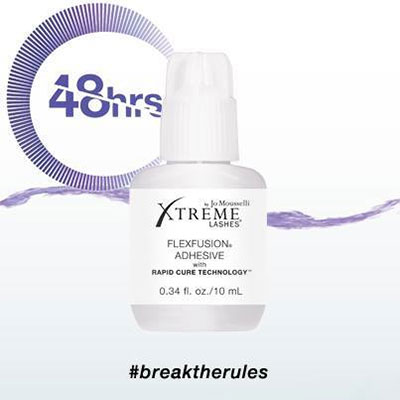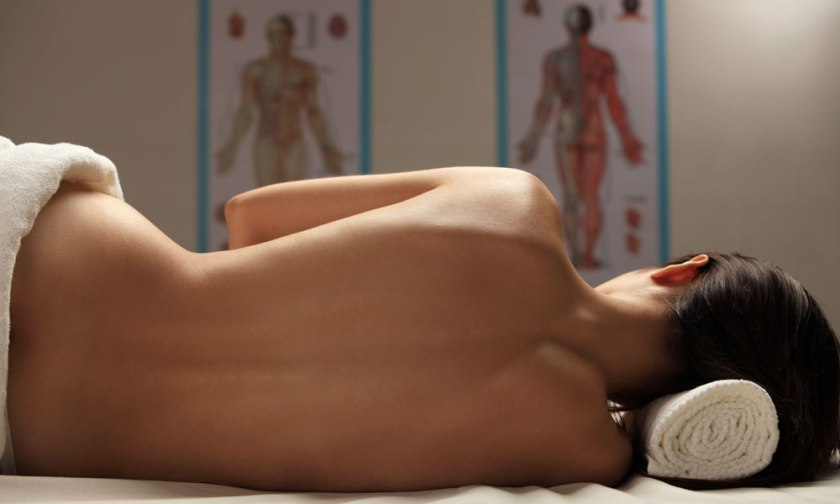Kilos gained during the Christmas/New Year feast fest can take as long as until July to shift, according to new research.
Scientists from Cornell University in the US studied how almost 3,000 people around the world put on weight during the festive season, and then tried to lose it.
According to the study, published in the New England Journal Of Medicine, weight peaks on January 3 but people typically lose half their Christmas kilos by the end of January.
However, most will not have entirely shed the excess baggage until six months later … just as we’re heading into winter hibernation. Uh oh!
If you or your clients are struggling not just to lose festive fat, but kilos that have been creeping up for a while, it might be time for an holistic approach – not a dramatic detox or gym frenzy that lasts as long as most New Year resolutions (a few days to a month). And in the process kick a few entrenched bad lifestyle habits and improve overall health and wellbeing for vibrant energy and a more youthful, radiant appearance.

Traditional Chinese Medicine (TCM) has more than 5,000 years of proven history and it’s exceptionally rigorous to be qualified as a practitioner (study can take between 5-10 years).
But it’s only in relatively recent years that Australians have started to embrace TCM as a viable mainstream modality, not just to cure illness and poor health but prevent them from occurring in the first place.
Sydney-based Dr Shuquan Liu has developed a unique detox plan – 101 Wellbeing Program – to help patients to kick start their journey to achieving and maintaining a healthy and balanced body.
Like all treatments at TCM Australia, this program is adapted specifically to each patient and designed to respond to individual needs and concerns, and so to achieve the maximum benefit.
Wellbeing 101 takes place over a set period of time (usually a minimum of four weeks) and involves a combination of treatments including Chinese herbal medicine, Tui Na (massage), acupuncture, cupping, reflexology and moxibustion in conjunction with intermittent fasting. The treatments are monitored and adjusted accordingly throughout the program.
“Patients undertaking the program will notice a range of positive results,” says Dr Liu. “In the short term you can expect an improvement in the functioning of your internal organs and a moderate amount of weight loss, with many people losing an average of 5-8kg in the first two weeks.

“In the longer term, you can expect to notice an overall improvement in your health, greater ease in maintaining a healthy weight, a better quality of life, lower stress levels and an ability to function at a high level without relying on medication.”
The many benefits of the program include reducing high blood pressure, infertility, obesity, insomnia and other conditions compounded by stressful lifestyles and body abuse.
“In Australia, we are becoming more and more focused on our health,” Dr Liu explains. “But taking drugs longterm can damage organs, and not ‘fix’ but only mask the problems. People are seeking more natural treatments.

“We’re realising that prevention is the key to staying healthy, not waiting until we’re sick – when it could be too late to treat.
“Yet while Chinese medicine doctors train for 5-10 years, and are highly qualified and recognised in their own field of study and practice, they are not recognised by Western medicine organisations with the title of doctor.
“This can be a huge point of resistance for someone skeptical, and already slanted towards Western medicine. This is something we need to educate people about as there are so many benefits to be achieved through TCM.”
Dr Liu explains that Chinese medicine believes each individual patient, even with the same problem, may need to use different (energy) meridian points to treat their ailment.

“No two patients are the same,” he says. “People look at this may be thinking there is no standard, as they’re so used to the concept of one product to fix a problem.
“An example of this is that Western medicine suggests coughs be treated with antibiotics.
“Chinese medicine takes a different, holistic approach, personalised to each individual, utilising natural therapies such as herbal medicine, acupuncture and cupping. Coughs come on for different reasons – there’s a process of elimination to find the end result and most effective treatments. In Chinese medicine, there are different routes to the same, positive end goal.”
TIPS FOR DAILY LIFE
Dr Liu offers these lifestyle tips for improved health and wellbeing, based on TCM principles:
- Chinese medicine believes everything in moderation, do not overuse your body – this is key.
- Maintain daily balance.
- Maintain a routine life. Go to bed, wake up, eat, exercise etc. at the same time daily.
- Never do strenuous exercise if you’re feeling tired – only exercise when you feel energised.
- Listen to your body and put in the best that you can, quality always over quantity. However, if you eat too much, even of something healthy, it’s doing you less good than you think. You’re still over processing too much food that your body just doesn’t need, harming your organs and lowering their optimal efficiency.
- Anchor and control emotions, do not let stress, worry, anger, sadness take control of your body. Focus on happiness, stay calm and collected.
COLLABORATION FOR OPTIMUM OUTCOMES
If clients are struggling with, for instance, a stubborn skin condition or a weight or health problem that isn’t responding as well as it could to the treatments you provide, it’s time to develop a cross-referral network with other aesthetics, holistic wellness or medical practitioners. You will find your recommendations that result in a breakthrough will reap rewards for your own business.
“I have many Western medicine doctors who become patients after their own patients mention they were seeing me,” says Dr Liu.

“They could see the huge result without drugs and come to see me themselves. So it goes both ways – doctors come to see me, and they then recommend me to their patients to help in their treatment.
“I recommend patients always see their GP for referrals to receive blood tests, X-rays, etc. and then come back to me for further treatment.
“I outsource these medical tests so I can have a greater understanding of their problem and then utilise the findings to treat my patients more efficiently.”




